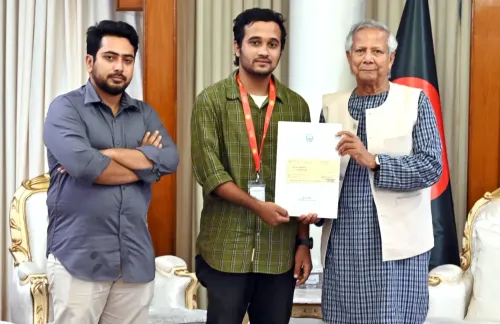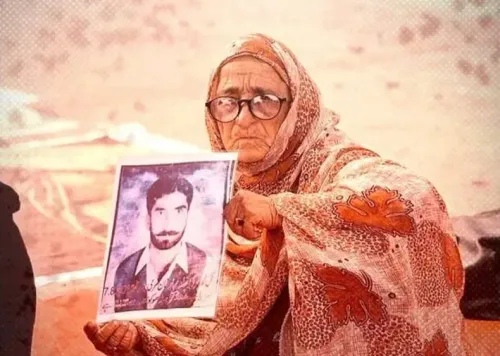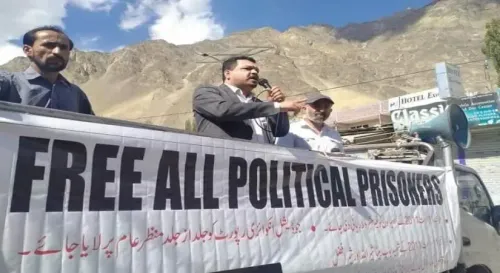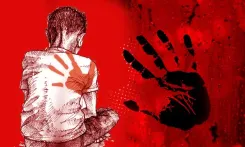UN Leaders Alarmed by Rising Violence and Humanitarian Crisis in DRC

Synopsis
Key Takeaways
- UN officials express alarm over escalating violence.
- Critical humanitarian crisis reported in Goma.
- Heavy artillery has impacted civilian areas.
- 700,000 internally displaced people are fleeing.
- Essential services in Goma are deteriorating.
United Nations, Jan 28 (NationPress) Senior UN officials voiced deep concern regarding the increasing violence and the humanitarian emergency in the Democratic Republic of the Congo (DRC), particularly amid escalating conflicts in Goma, the capital of the eastern region.
Bruno Lemarquis, the deputy special representative of the secretary-general and the humanitarian coordinator for the DRC, reported that heavy artillery fire impacted the city center, damaging hospitals and a site operated by the UN Refugee Agency (UNHCR), according to Xinhua news agency.
“For instance, several shells hit the charity maternity hospital in central Goma, resulting in civilian casualties, including those of newborns and pregnant women,” he stated. A Save the Children facility and the UNHCR site also sustained damage.
While the coordinator was unable to specify the number of casualties at the maternity hospital, he noted that hospitals in Goma, the capital of North Kivu province, are under severe strain.
Addressing the press via video link from Kinshasa, the DRC capital, Lemarquis described the humanitarian crisis surrounding Goma as extremely alarming, having reached “a new threshold of violence and suffering” as active combat threatens all parts of the city.
“Civilians are bearing the brunt of the escalating conflicts,” he emphasized.
Lemarquis shared that only critical UN humanitarian personnel remain in the city of one million, while hundreds of thousands are trying to escape the violence. Non-essential UN national and international staff, along with their families, were relocated to Kinshasa or the regional UN hub in Entebbe, Uganda.
The coordinator mentioned that over 700,000 internally displaced individuals in and around Goma are once again on the move, living in desperate conditions. “They have no option but to flee the violence,” he remarked.
Jean-Pierre Lacroix, the under-secretary-general for peace operations, speaking from Damascus, mentioned that the capacity of his peacekeeping colleagues seeking shelter is restricted, stating, “The situation on the ground is evidently volatile and dangerous. It’s clear that there have been significant gains for M23 and the Rwanda Defense Forces, indicating a shift in the balance of power.”
He characterized the humanitarian challenges as formidable, expressing concerns about the potential for a widespread humanitarian disaster and the need to prevent a broader conflict.
The peacekeeping chief recalled the tragic loss of three UN peacekeepers—two from South Africa and one from Uruguay—with 12 others injured, alongside casualties among government forces.
The resident coordinator also highlighted the critical state of essential services in Goma. Water and electricity supplies are deteriorating, internet services have been disrupted, although phone networks remain operational but unreliable.









